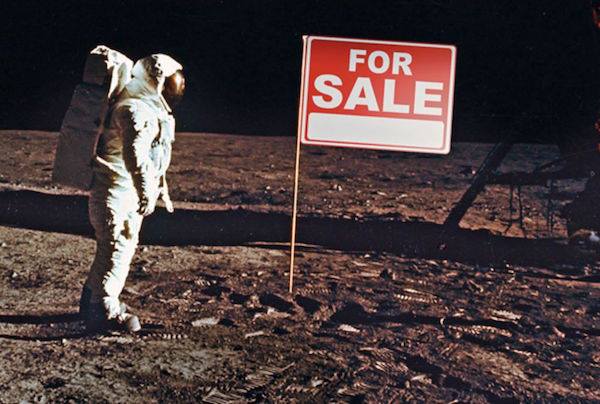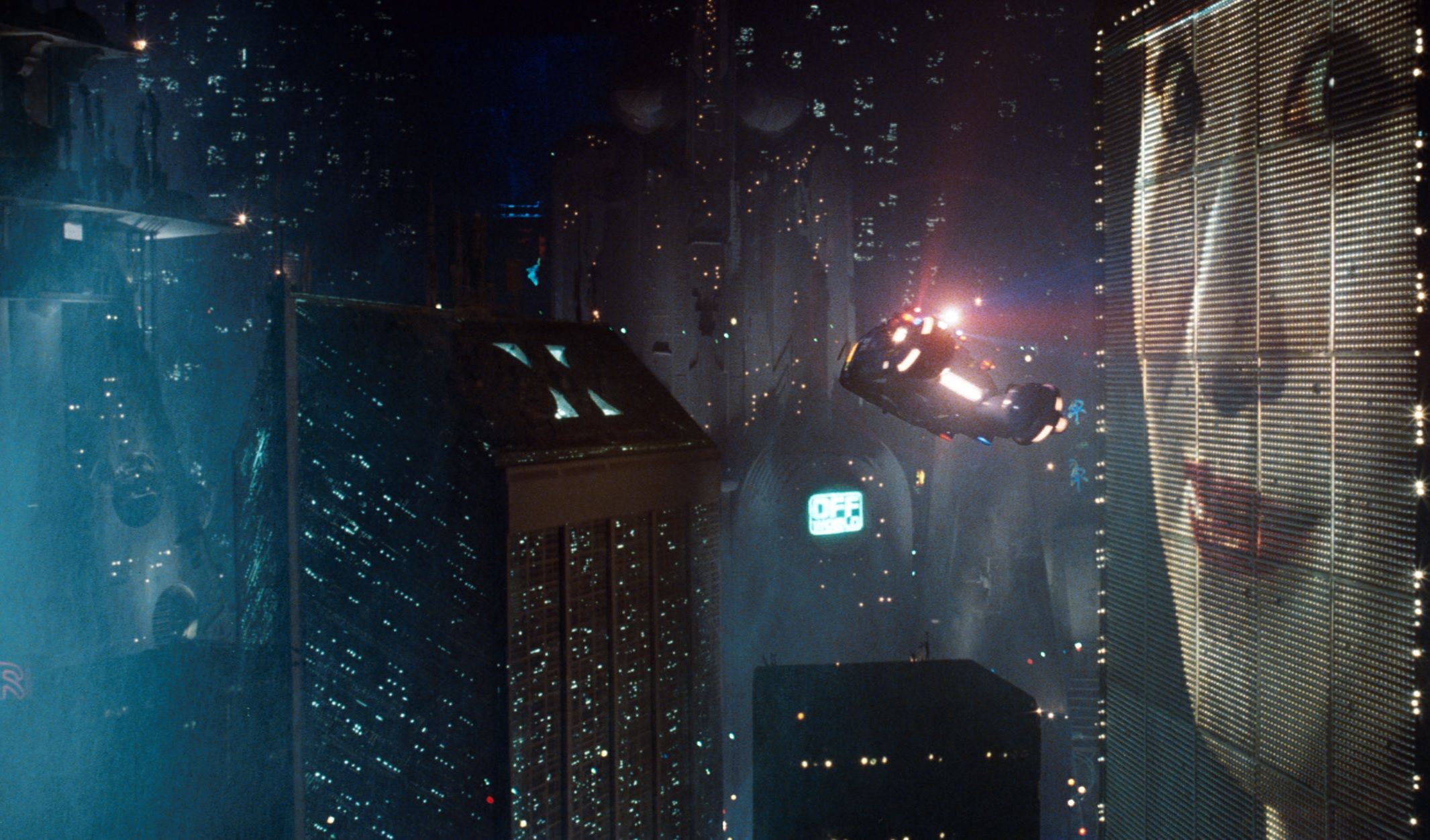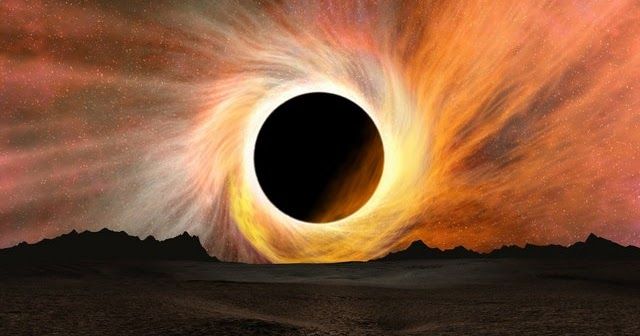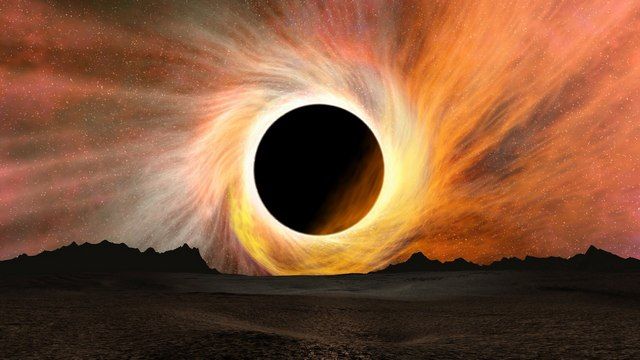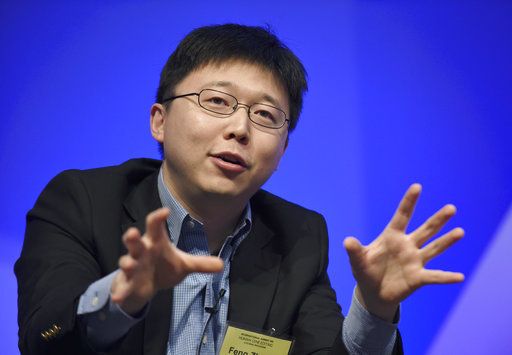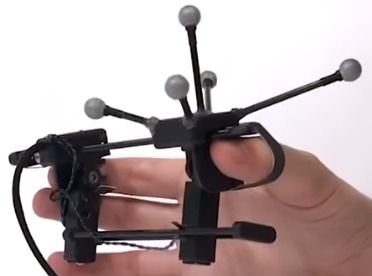Have you heard of Dennis Hope? How about The Lunar Embassy of the Galactic Government—no? As space enthusiasts and investors, you really should be familiar with the infamous man who has spent nearly thirty years becoming Earth’s most successful interplanetary real estate agent. As (legitimate) terrestrial governments consider a return to the Moon and the establishment of permanent lunar settlements, however, Hope and his customers may soon face legal challenges from national space agencies and commercial ventures alike.
Read full details here: https://goo.gl/VoVoZz
